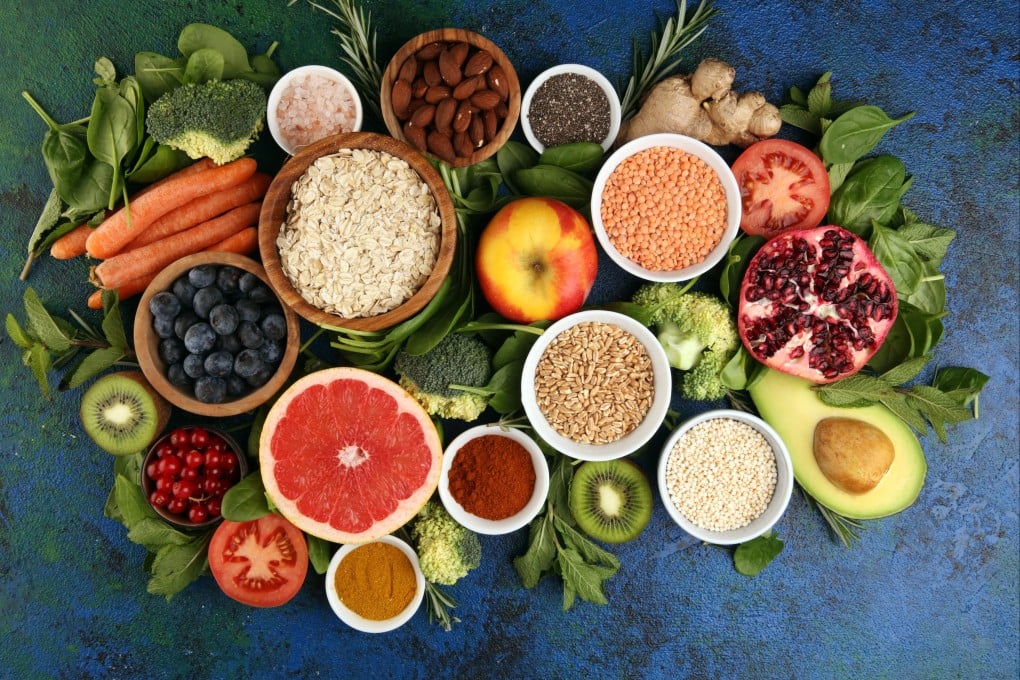The health benefits of a plant-based diet: 5 new studies on how it can lower your cholesterol, boost mental wellbeing, prevent diabetes, and more
- An avocado a day could lower ‘bad’ cholesterol levels, and eating fruit may keep depression at bay. Plant protein can forestall muscle loss, studies say
- Eating healthy plant products including fruits, vegetables, nuts and whole grains can prevent diabetes, while watermelon may boost heart health and digestion

The goodness derived from eating plant-based foods every day can’t be overstated.
Fruit, vegetables, beans, legumes and whole grains contain a wide variety of vitamins, minerals, antioxidants, phytonutrients and dietary fibre – all of which are essential for optimum health.
Five new studies show plant foods can reduce your risk of diabetes and heart disease, combat frailty, improve your cognitive health, and more.

An avocado a day helps lower cholesterol levels
Avocados are high in calories, with a medium-sized fruit (138g/5oz) containing about 21g of fat. Those who want to lose weight may avoid it for this reason, but a study published in July in the Journal of the American Heart Association found that eating an avocado a day didn’t cause weight gain, and in fact lowered cholesterol levels.